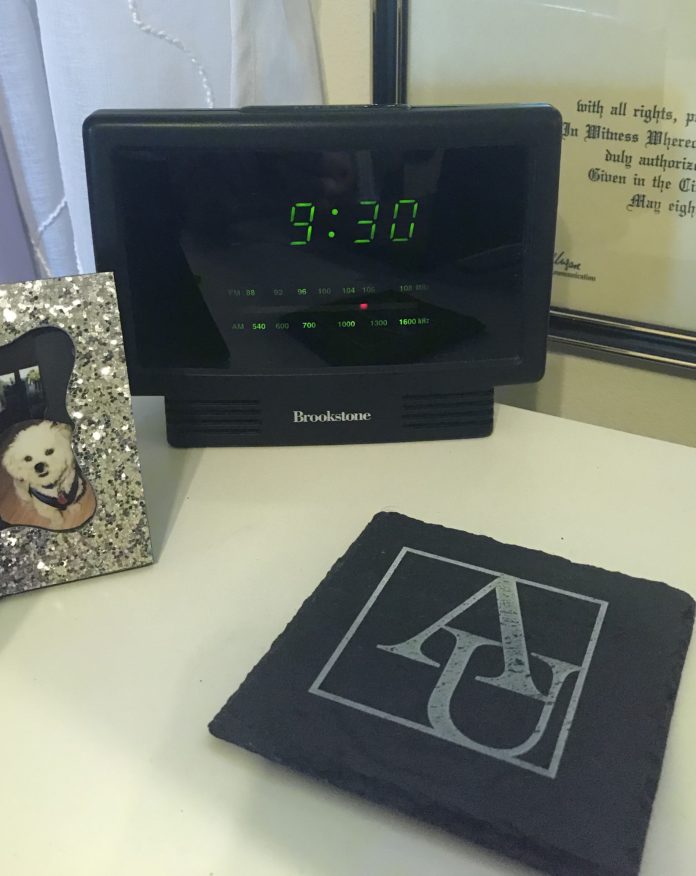The radio industry sure could use an injection of fresh, positive statistics right now touting its strength in tough times, right?
Look no further than the data released Wednesday from Nielsen.
Some 83% of American adults queried by the audience research company say they are spending the same or more time with radio as a result of the COVID-19 outbreak.
That’s according to a perceptual study conducted Friday through Sunday by Nielsen that focused on American attitudes surrounding the novel coronavirus crisis and radio listening. It found that consumers that participated in the Nielsen study “hold radio in high regard with 60% of Adults 18+ saying that they trust radio to give timely information about the coronavirus.”
“In a time of heightened uncertainty and disrupted routines, consumers are turning to radio as a trusted source of information and community connection, mirroring patterns observed during past regional and national disasters and weather events,” Nielsen Audio Managing Director Brad Kelly said.
Among the other findings from the study:
- More than half said that radio is a good source of information about the coronavirus and the associated restrictions, trust that what they hear on radio is accurate, and trust the information they get from their favorite radio hosts.
-
42% of consumers reported that radio has helped them deal with the outbreak. Some 46% indicated that radio helps them know what stores are open and where to shop locally.
The following table shows that daily radio users are more likely to shop and buy essential items in the next week than Americans in general.
|
Plan To Do In the Next Week |
All Adults 18+ |
Daily Radio Users |
|
Shop for groceries |
69% |
72% |
|
Get gas for vehicle |
47% |
53% |
|
Get take-out from local restaurant |
40% |
43% |
|
Go to pharmacy/drug store |
38% |
41% |
|
Shop for alcoholic beverages |
17% |
21% |
|
Shop for home improvement items |
12% |
15% |
The research couldn’t come at a more important time for radio, which is suffering from the demise of radio stations this week in Maine and in Atlanta — largely due to a collapse in on-air advertising revenue.
And, while local television has done a yeoman’s job of covering the impact of the COVID-19 pandemic in community after community, radio has not received the same level of attention for how it is serving local audiences.
“Radio is a local lifeblood for millions of consumers and specializes in keeping audiences up-to-date and plugged into what matters most to them in their community,” Kelly said. “In this environment, it’s no surprise that people say they use radio as a major source of information and connection. Whether it’s for local news, a place to listen to what is happening, to connect with community members or simply as a way to find out which essential retailers are open for business, radio is continuing to fill those needs for consumers everywhere.”
Now, keeping the registers ringing — and advertising rolling — is something radio’s GSMs and AEs should be wholly focused on.





